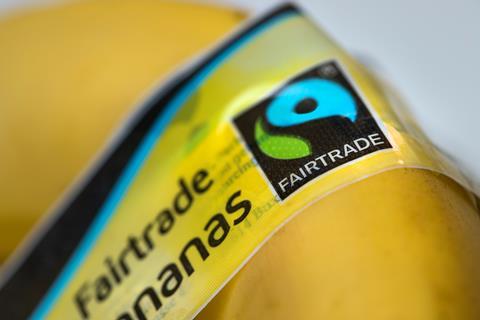Report showcases the organisation’s progress despite uncertain economic conditions, climate change and geopolitical risks
Fairtrade International has released its 2024 Annual Report, highlighting its commitment to distributing the benefits of trade more equally between farmers, workers, and businesses.

The report, entitled ’Adapting and innovating for a fairer future’, showcased the organisation’s progress last year despite uncertain economic conditions, climate change, geopolitical risks, and an expanding regulatory landscape.
While the organisation separately publishes information on certified organisations, sales, and other product details in its monitoring reports, the annual report focuses on aspects of Fairtrade’s work beyond certification-related data.
For instance, in 2024, 58 projects were active across the Fairtrade system, which included 25 local Fairtrade organisations and three producer organisations representing almost 1.9mn farmers and workers.
Reporting on its first strategic pillar, ’shifting the balance of power to farmers and workers’, Fairtrade described its progress in the areas of living incomes, decent work and living wages, climate resilience, human rights and environmental due diligence, and opportunities for women and young people.
In the ’growth and innovation’ pillar, Fairtrade brought businesses and producers together by testing new approaches to Fairtrade Standards and supply chains.
Fairtrade’s work in the ’advocacy and citizen engagement’ pillar focused especially on EU regulations in 2024, including the EUDR, the EU Corporate Sustainability and Due Diligence Direction, and the EU Organic Regulation.
For the fourth pillar, ’digitalisation for fairer supply chains’, the annual report highlighted several Fairtrade data-driven platforms and services, including FairInsight, where producers report and share information with their trade partners.
In addition, Fairtrade International highlighted the establishment of strategic alliances, including with the International Cooperative Alliance to help maintain sustainable and well-governed cooperatives and their communities; the Centre for International Forestry Research and World Agroforestry, to share proven agroecology and biodiversity initiatives with producer organisations; and the Global Coalition for Social Justice to address social justice deficits.



